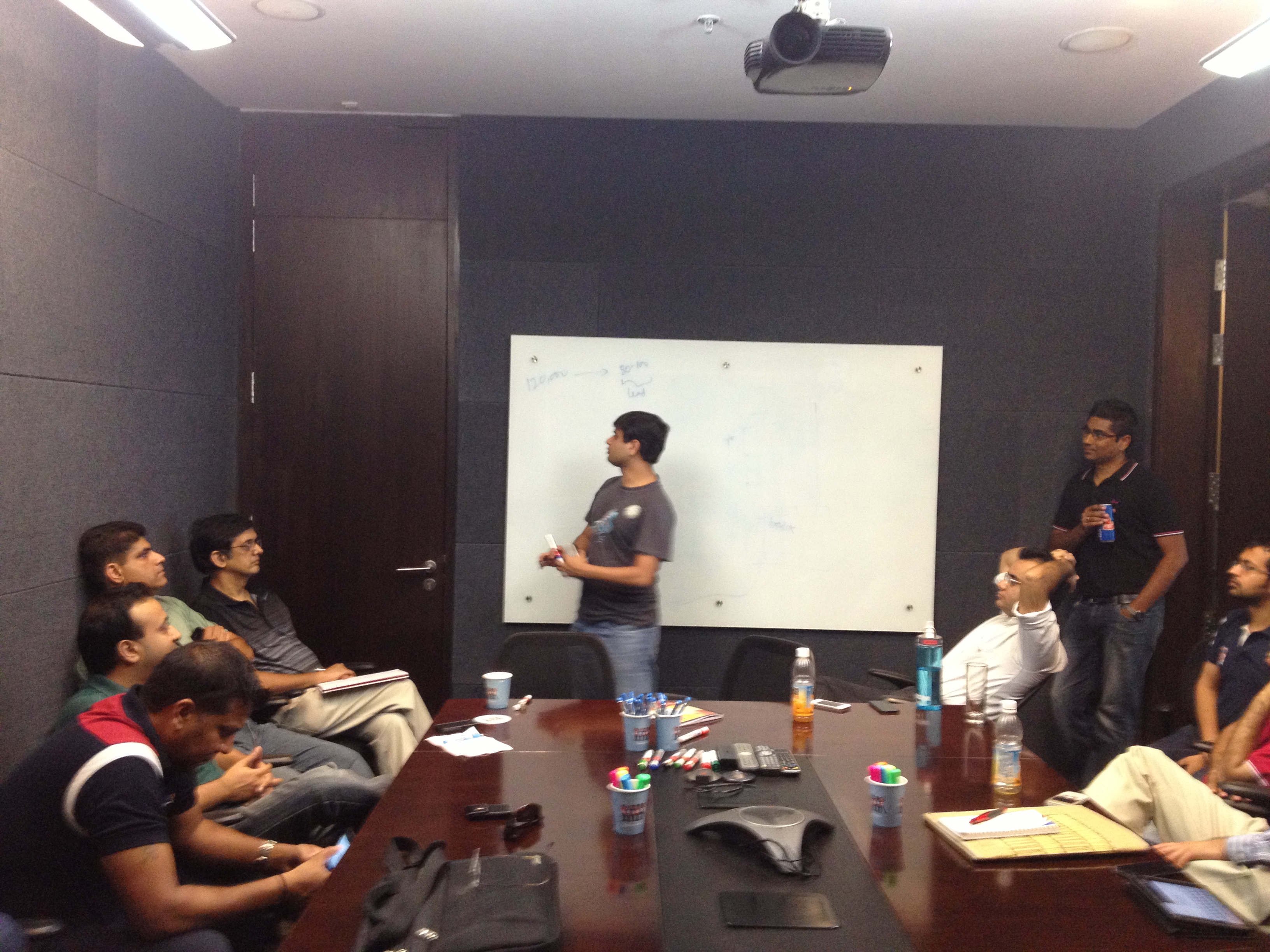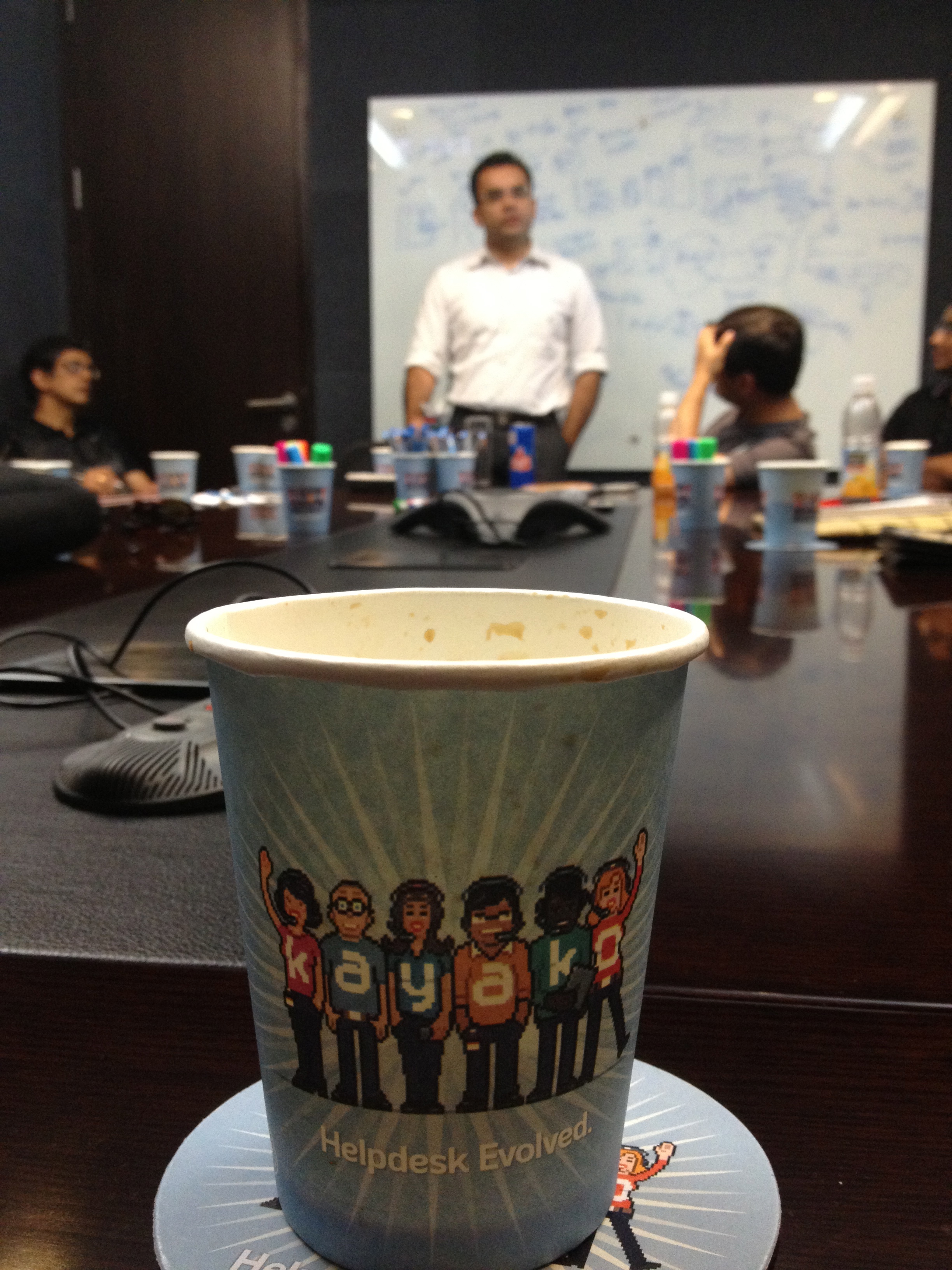This workshop was organized by the Indian think tank iSPIRT Foundation, French Embassy in India, Consulate General of France in Bangalore, and La French Tech in India, based on the following principles:
- Gathering high level contributors from India and France: industrials, transdisciplinary academics, diplomats, officials, business founders, think tank members, technology makers;
- Pushing a Workshop format (not an event, not a round table, not a scientific conference), organizing 3 different days with 3 different viewpoints:
- Philosophical/epistemological/ human sciences,
- Economical/techno-legal/social sciences/adoption,
- Application domains and use cases (Health, Culture, Creative Cities, Agriculture);
- Targeting recommendations toward the AI Action Summit (Paris, February 2025).
Results:
- More than 80 speakers, 100 participants in person (in Bangalore or in Paris), 200 participants online;
- 14 different countries represented all over the world (India, France, Canada, USA, Mexico, Guatemala, Brazil, Germany, Netherland, Italia, Spain, Portugal, Belgium, Thailand);
- An opening session figuring the Ambassador of India to France H.E. Mr. Jawed Ashraf, the French Digital Affairs Ambassador H.E. Mr. Henri Verdier, the Consul general of France in Bangalore Mr. Marc Lamy;
- A rich repository of content, including speaker presentations, slides and recordings (https://drive.google.com/drive/folders/1eTDbRgw1g8EOBtXS7uRim9I6gtQRbCZB).
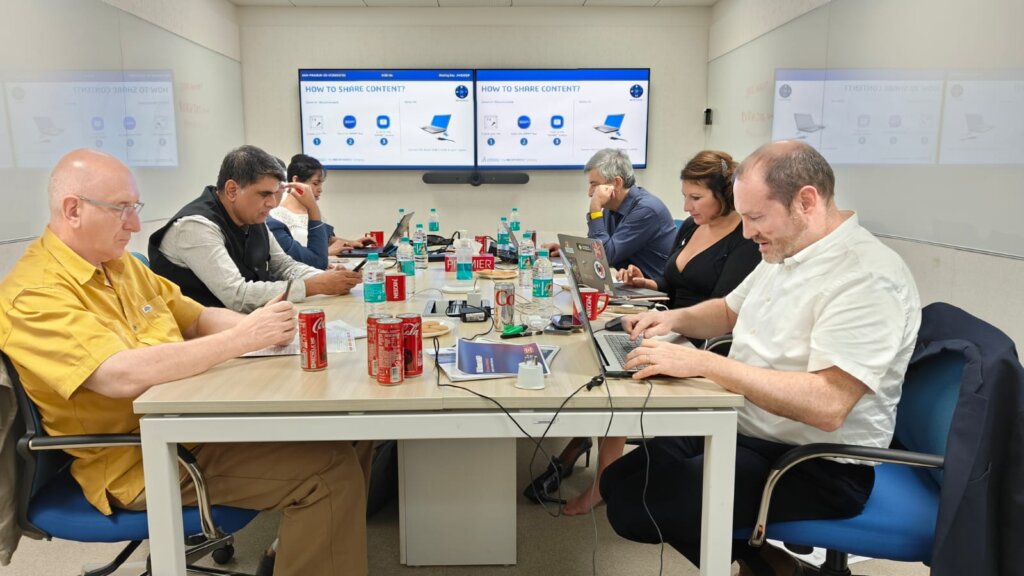
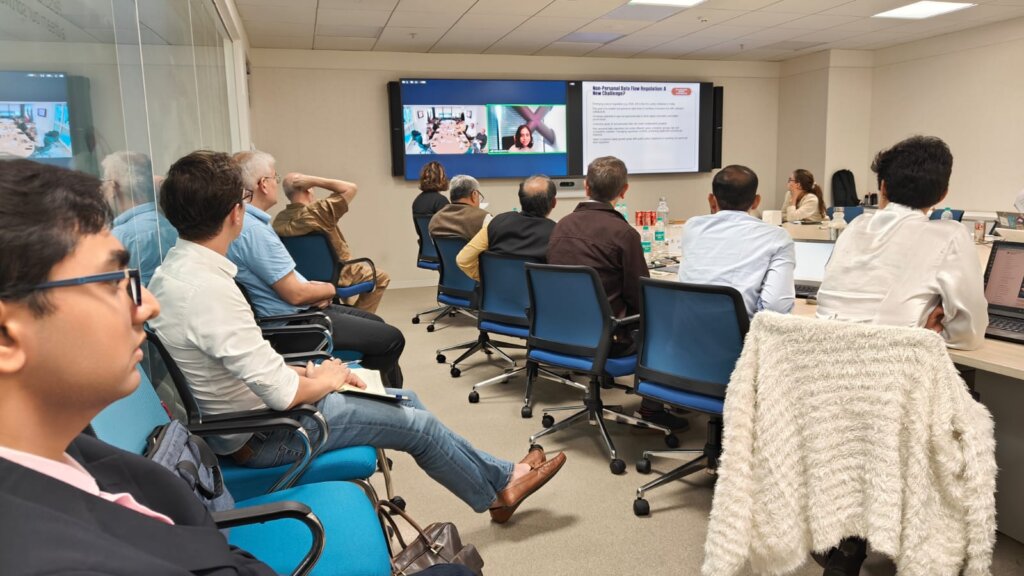
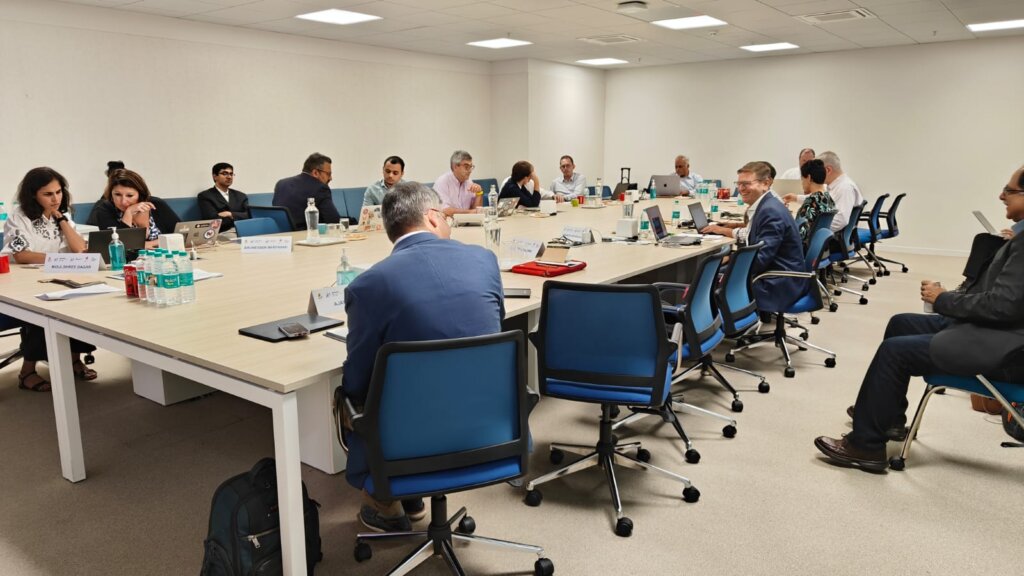
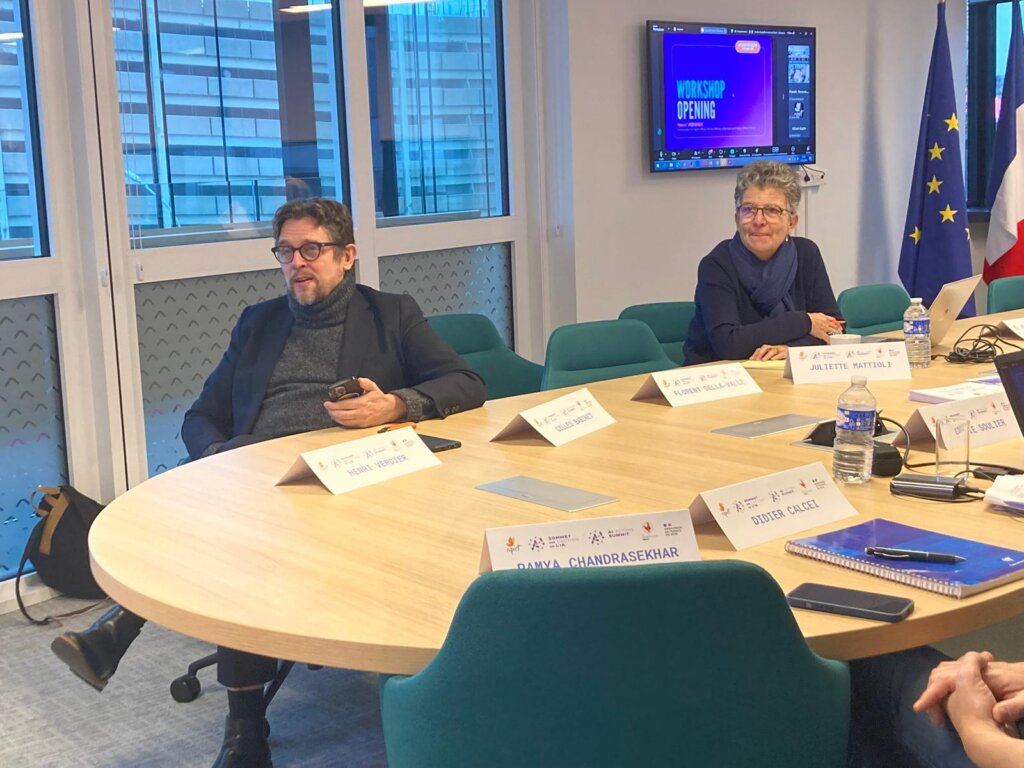
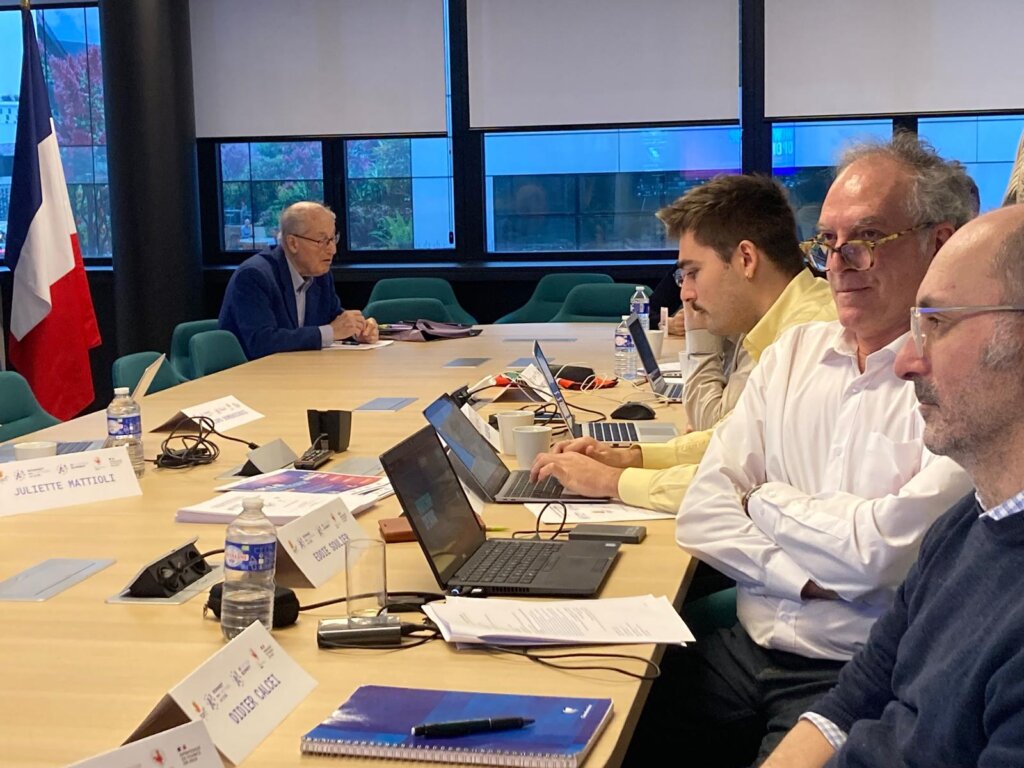



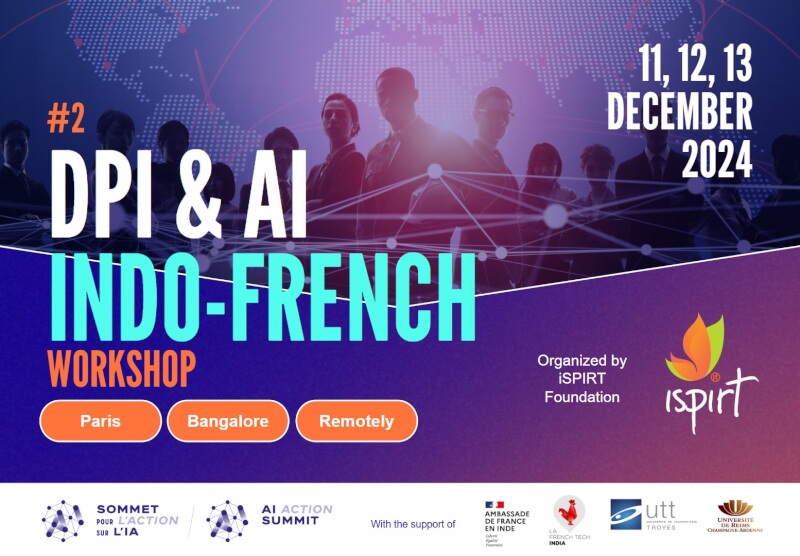
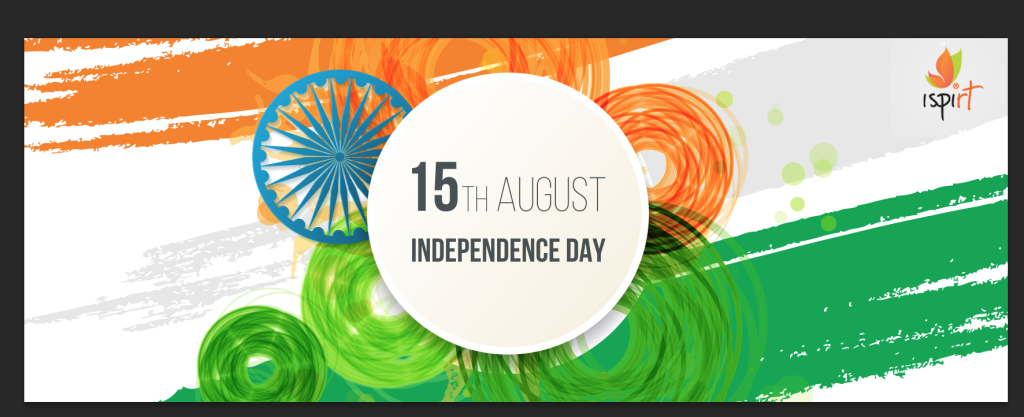 In conversations with other people in the ecosystem over the last month, there has been a realisation about the need to create what we call category leaders in the product space.
In conversations with other people in the ecosystem over the last month, there has been a realisation about the need to create what we call category leaders in the product space.

